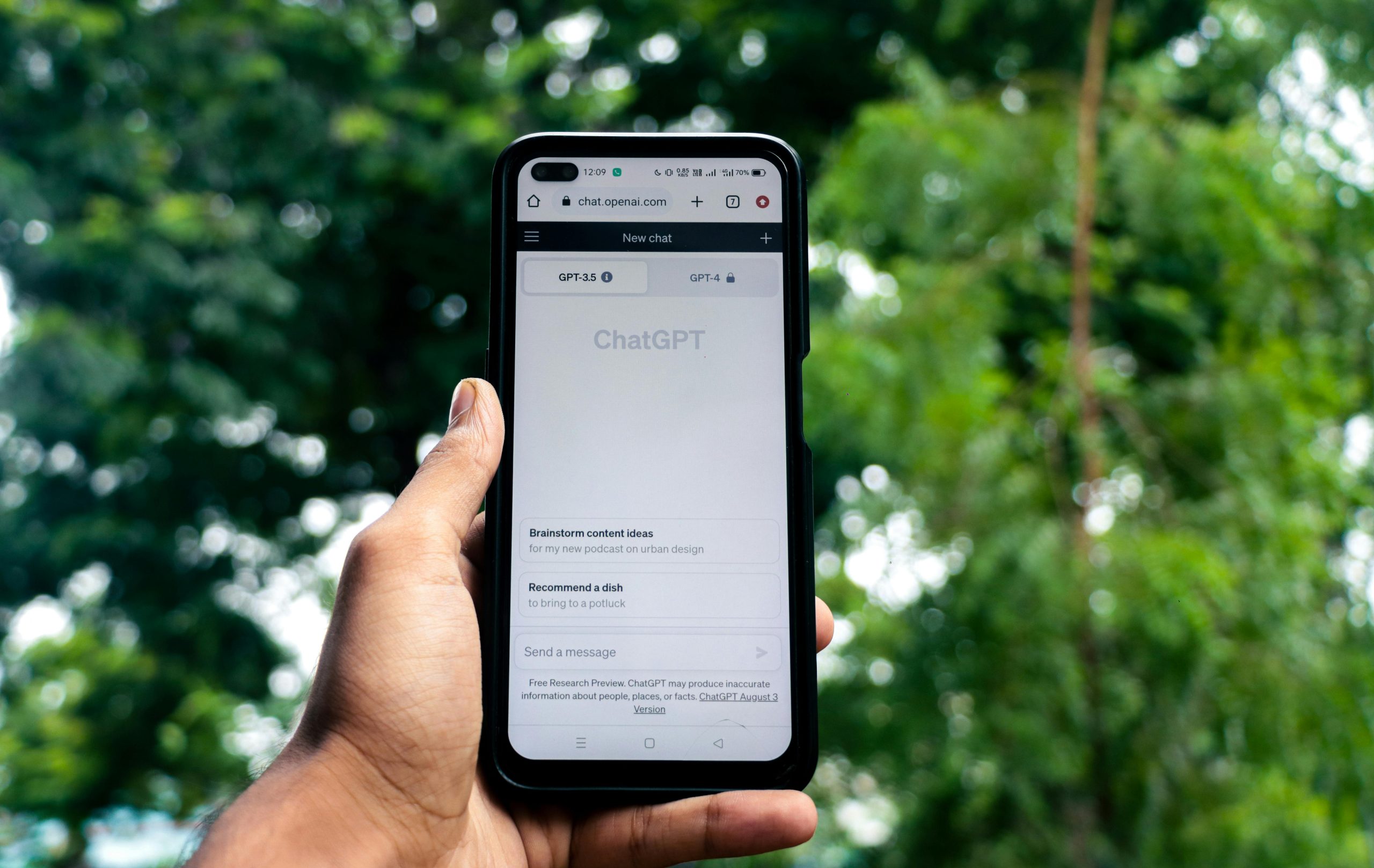Exploring the Relative Significance of AI Search and Bing in SEO Strategies
In the evolving landscape of search engine optimization (SEO), it’s long been observed that many professionals and marketers tend to prioritize major players like Google, often overlooking search engines powered by Microsoft such as Bing. Historically, Bing and similar platforms have accounted for a smaller share of overall search traffic, leading to a consensus that investing heavily in these channels yields limited returns.
However, the advent of artificial intelligence (AI) has introduced new dynamics into this equation. Despite the fact that AI-driven search interfaces are still relatively niche compared to their dominant counterparts, discussions and debates around their potential impact are gaining momentum within the SEO community. This shift has prompted many to ask: why does AI search, which at present commands a modest user base, generate so much attention and scrutiny?
One plausible explanation lies in the peculiarities of human psychology. Our collective perceptions and reactions to emerging technologies often do not align with their current market penetration or usage statistics. Instead, factors such as perceived innovation, potential future influence, and the novelty effect can amplify interest, regardless of how widely adopted the technology truly is today.
In conclusion, while traditional search engines like Bing continue to constitute a minor fraction of online searches, the rise of AI-powered search tools is capturing significant attention. This phenomenon underscores the complex interplay between technological capabilities and human perception—a reminder that in the realm of digital marketing and SEO, reactions are sometimes driven more by psychological factors than by current usage metrics. As the landscape continues to evolve, staying informed about these shifts will be essential for professionals aiming to adapt their strategies effectively.

